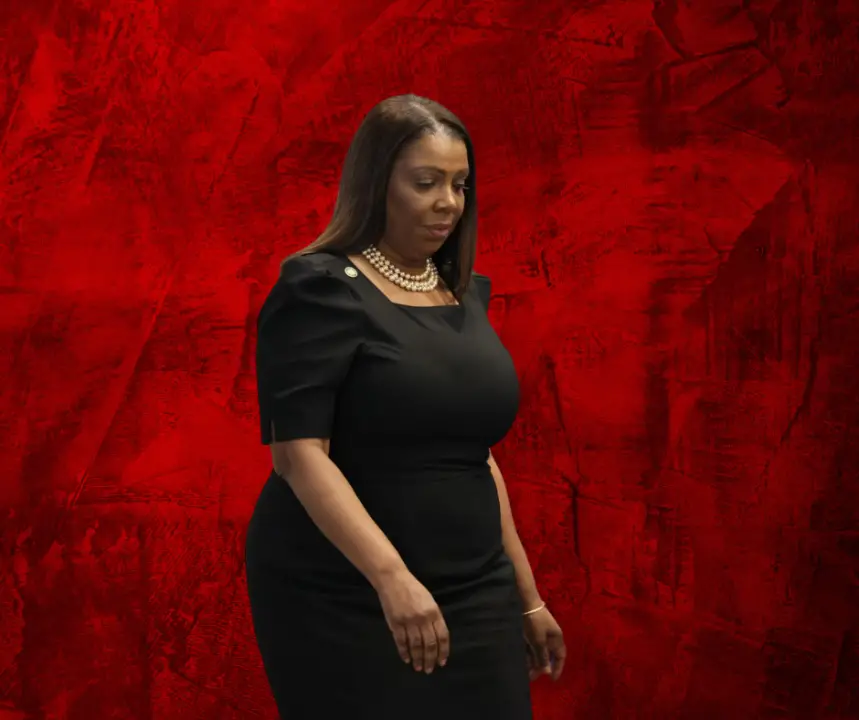In a recent turn of events, a New York Federal Judge, Nicholas Garaufis, has brought attention to what he perceives as an enduring issue of racial bias within the New York City Fire Department (FDNY). This came to light following an incident where FDNY members openly booed State Attorney General Letitia James and chanted in favor of former President Donald Trump during a ceremony. The judge’s remarks were made in the context of a long-standing legal battle over racial discrimination within the department, dating back to a 2007 lawsuit by the Vulcan Society of Black firefighters.
The controversy unfolded during a promotion ceremony at the Christian Cultural Center in Brooklyn, where FDNY members expressed their disapproval of Attorney General James by booing and chanting. This incident occurred shortly after a civil fraud case verdict against Trump, which was pursued by James, resulting in a substantial financial judgment. The reaction of the FDNY members at the event has sparked an internal investigation and led to a public apology from FDNY Commissioner Laura Kavanagh.
Judge Garaufis, overseeing the settlement discussions in the Vulcan Society’s discrimination case, has expressed his frustration with the FDNY’s handling of Equal Employment Opportunity (EEO) complaints. He emphasized the need for the department to allocate more resources to address these complaints promptly and effectively. The judge’s directives come in the wake of concerns raised by Regina Wilson, President of the Vulcan Society, about the department’s culture and its impact on minority firefighters.
In response to the incident and the broader issues of racial discrimination, Judge Garaufis has ordered FDNY leadership, including Commissioner Kavanagh and the city’s Corporation Counsel Sylvia Hinds-Radix, to provide updates on measures being taken to improve the EEO complaint process. These efforts are part of the city’s commitment to fostering a professional work environment free from discrimination and harassment.
The FDNY’s challenges with handling EEO complaints, particularly in the face of a staffing shortage exacerbated by the COVID-19 pandemic, underline the complexity of addressing systemic issues within such a large organization. Despite these challenges, the department’s leadership asserts their dedication to resolving the complaint backlog and ensuring all members adhere to appropriate conduct during department events.
This case highlights the ongoing struggle against racial bias and discrimination within public institutions and the importance of accountability and transparency in addressing these issues.


